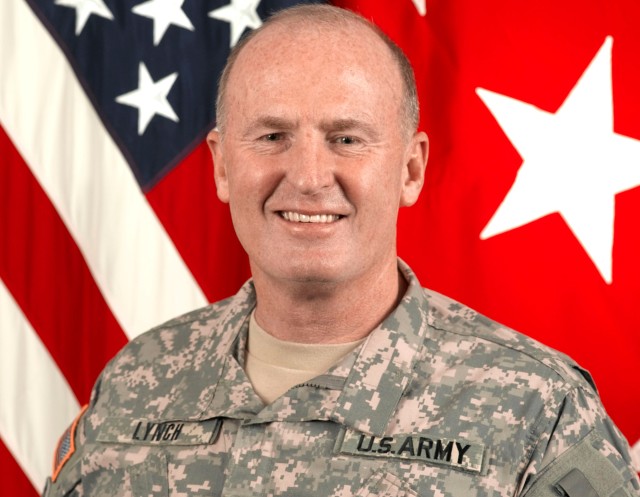ARLINGTON, Va. -- I often say you can read about history or make history. This year, the voices of Soldiers, Civilians and Families that have contributed to the Army Family Action Plan process were heard and history was made at the recent AFAP General Officer Steering Committee held the first week of February.
Senior Army leaders and program representatives from across the Army resolved 17 of 40 quality-of-life issues making great strides in support of our Wounded Warriors and Families. These issues originally identified by AFAP representatives at the unit or installation level will make life better for Soldiers, their Families and Civilians for years to come.
Qualified Wounded Warrior job applicants now receive greater visibility in the Federal Government hiring process. Major accomplishments include the integration of the U.S. Department of Veterans Affairs Veteran Resume Inventory (VetSuccess.gov) into the Army recruitment process and the designation of human resource specialists as veteran employment coordinators. To learn more about this issue, visit the Army OneSource website at https://www.myarmyonesource.com/familyprogramsandservices/ and search for issue number 617.
Through issue number 610 we have expanded treatment for Traumatic Brain Injury patients. Traumatic Brain Injury screening, identification, treatment, and rehabilitation services are now in place at each Army Medical Treatment Facility. To date, TBI programs at 40 facilities have achieved full validation, 10 have achieved initial validation and the remaining programs will receive full validation by this month.
Wounded Warriors will benefit from the availability of standardized respite care for their caregivers through TRICARE and VA (issue number 630) and through the establishment of the Army Wounded Warrior Support Network (issue number 632). The AWWSN is a support program that connects severely wounded, injured and ill Soldiers and their Families to a network of resources in the local community.
Three initiatives were completed in the Family Support category. These initiatives provide for more affordable child care to those who need it the most (issue number 566), TRICARE coverage for children up to age 26 (issue number 632), and a policy revision that requires Initial Military Training Soldiers with exceptional Family members to receive new assignment instructions if the OCONUS travel approval authority has not notified the Soldier of the availability of EFM services 30 days prior to the Soldier's graduation (issue number 639).
Ten of the 17 issues resolved were designated as unattainable due to resource or legislative constraints. Although the AFAP recommendations were unattainable, progress was made on many of the issues. An example of this is the increase in administrative and PCS weight allowances for grades E1 to E4 and E7 to E9, establishment of a hardship-based increase to PCS weight allowance, and 500 pounds of spouse professional weight allowance. To learn more, visit our website and search for issue 457.
The Army will continue to work the issues, but the Army Family Action Plan is your program. I encourage you to learn more about the AFAP process by visiting the Army OneSource website at https://www.myarmyonesource.com/familyprogramsandservices/familyprograms/armyfamilyactionplan. From here you can follow the progress on issues that are currently being worked by selecting "Active Issue Search" at the bottom of the page and then search by issue number or by keyword.
The website also allows you to submit a new issue directly to your garrison or command's AFAP process and provides AFAP brochures, articles and videos to download. You can also download the "HQDA AFAP Issue Search" application for free on your iPad®, iPhone® and iPod Touch®.
My next article in this series will review the 16 new quality-of-life issues AFAP delegates identified as being the most critical and our need as an Army community to identify inefficient, redundant, or obsolete Family programs so we can redirect those resources to where we truly need them.
Support and Defend,
D6
Related Links:
Lt. Gen. Rick Lynch Twitter Page


Social Sharing